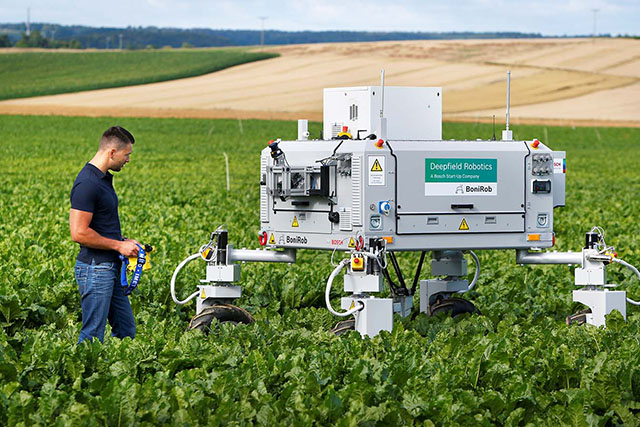
The European Union has a system of research and innovation funding that is divided into blocks of time. We are now coming to the end of Horizon 2020, started in 2014 and about to close next year, and over this period the EU has invested somewhere in the region of 80 billion Euros in innovation and research across the EU.
It’s a lot of money by anyone’s standards.
The concept of responsible innovation that I have been writing about in this series (RI) has been adopted by the EU in a slightly changed format. The EU use the term Responsible Research and Innovation (RRI) in all of their documents, as they are funding research and innovation and not just innovation. The RRI concept has been applied to all of the recent blocks of funding to a different degree, over time it has developed and become ever more important, to the point that today it is a ‘cross cutting issue’.
That means that anyone applying for funding has to address the issue of responsibility within the research project.
What the EU are looking to do is to steer research by funding those projects that address what they call the ‘grand societal challenges’ faced by the European population. These challenges are as follows:
- Health, demographic change and wellbeing;
- Food security, sustainable agriculture and forestry, marine and maritime and inland water research, and the Bioeconomy;
- Secure, clean and efficient energy;
- Smart, green and integrated transport;
- Climate action, environment, resource efficiency and raw materials;
- Europe in a changing world – inclusive, innovative and reflective societies;
- Secure societies – protecting freedom and security of Europe and its citizens.
All of the contents within these challenges are spelt out on the EU website here, so for example the food security challenge explanation begins with:
A transition is needed towards an optimal and renewable use of biological resources and towards sustainable primary production and processing systems. These systems will need to produce more food, fibre and other bio-based products with minimised inputs, environmental impact and greenhouse gas emissions, and with enhanced ecosystem services, zero waste and adequate societal value.
Each challenge has a short description like this one above and then a more in depth explanation of the goals and aims and an extensive workplan.
So all of the above should be done while following an RRI approach, so what might that be?
From another section of the website:
Responsible Research and Innovation (RRI) implies that societal actors (researchers, citizens, policy makers, business, third sector organisations, etc.) work together during the whole research and innovation process in order to better align both the process and its outcomes with the values, needs and expectations of society.
In practice, RRI is implemented as a package that includes multi-actor and public engagement in research and innovation, enabling easier access to scientific results, the take up of gender and ethics in the research and innovation content and process, and formal and informal science education.
All done via actions on thematic elements of RRI (public engagement, open access, gender, ethics, science education), and via integrated actions that for example promote institutional change, to foster the uptake of the RRI approach by stakeholders and institutions.
This really is a concerted effort carried out on a massive scale, with the aim of steering the research and innovation process via a funding policy based on objectives.
In my next post I will describe some of the projects that have been funded so we can see what this actually looks like on the ground.


